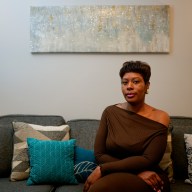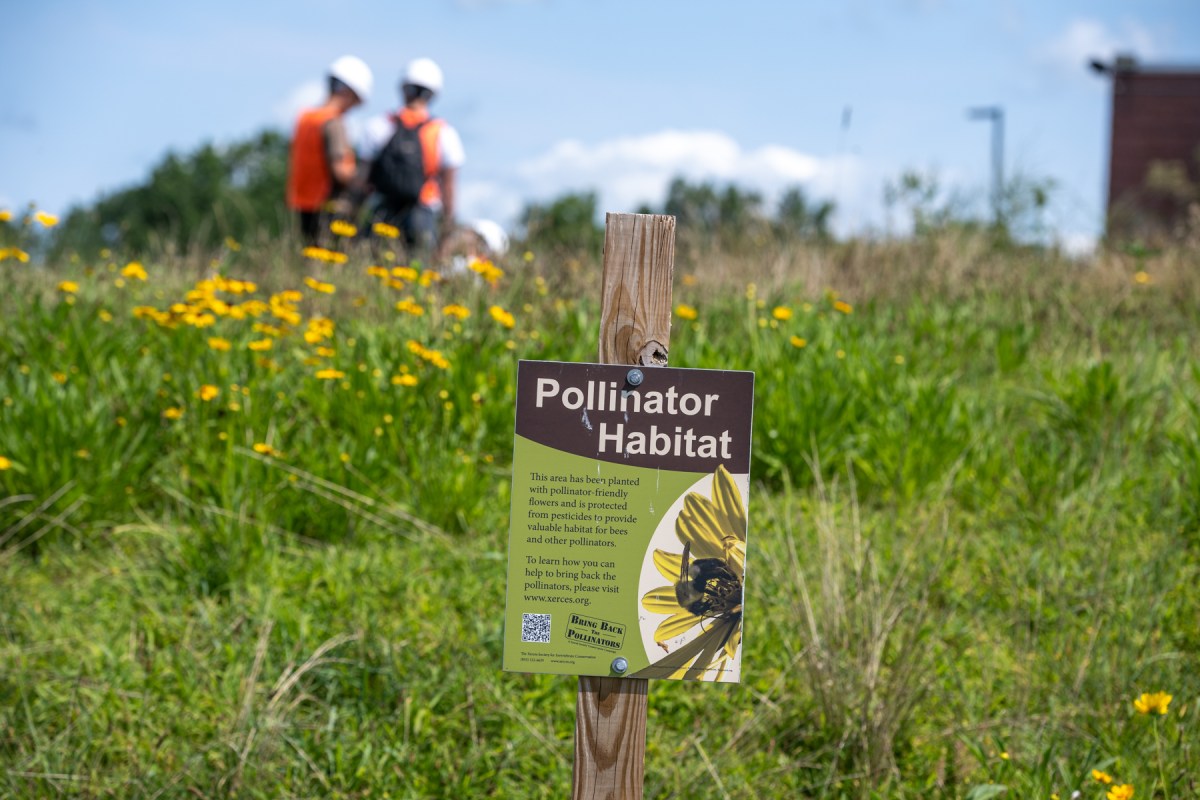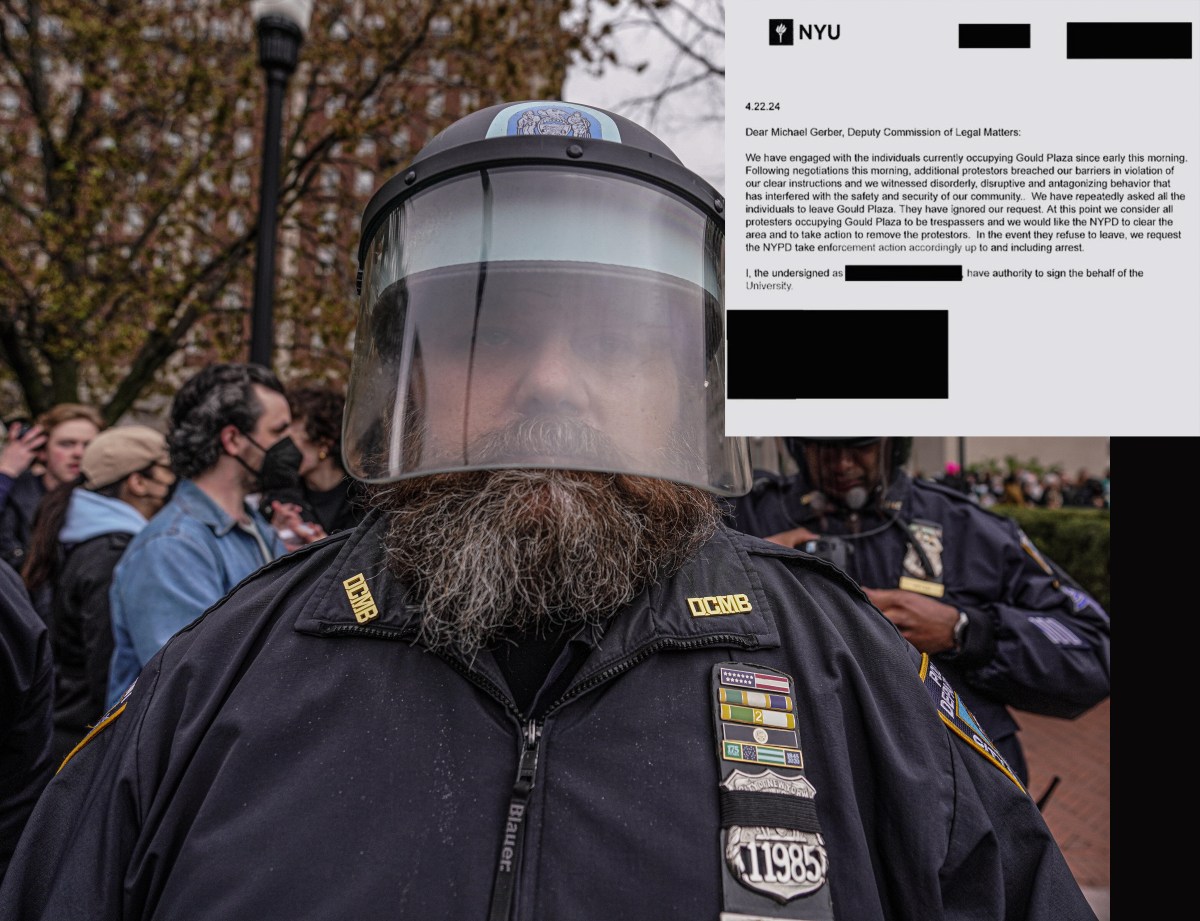 Sharlto Copley’s latest film is the “Sleeping Beauty” riff “Maleficent.”
Sharlto Copley’s latest film is the “Sleeping Beauty” riff “Maleficent.”
Credit: Getty Images
South African actor Sharlto Copley (“District 9”) has put a lot of thought into the decisions his character, Stefan, makes in “Maleficent,” betraying the title fairy (played by Angelina Jolie) and setting her on a path of revenge. And that thought quickly became a lot of thinking about society, gender roles and the male ego. So when we sat down to chat about the film, the conversation steered in an odd direction pretty quickly.
Stefan is pretty much the villain in this story, but you can’t really oversimplify him as such, can you?
I don’t like playing villains. I’m not an actor who enjoys it more. But in this case, I felt like this was an opportunity in a very female-centered film to play the kind of cautionary tale for men of what can happen to that male ego, the male desire and ambition for power. It’s a very stereotypically male trait. And when that runs away with itself and is left unchecked, what happens then? How many stories can I tell you of very successful men who destroyed their families — they traded in their wives for younger versions as soon as they were successful, they didn’t spend time with their kids. That’s what King Stefan is — in an extreme version. I’m guessing there’s very few billionaires who were faithful to their wives. I’d be fascinated to see the stat on that.
I was joking to a friend the the film could be seen from Stefan’s perspective as a cautionary tale about crazy ex-girlfriends.
[Laughs] It is definitely also a cautionary tale about crazy ex-girlfriends, I could see that working. “Sorry, this is really awkward.” That’s great.
 Sharlto Copley plays a king who’s betrayed Angelina Jolie’s vengeful fairy in “Maleficent.”
Sharlto Copley plays a king who’s betrayed Angelina Jolie’s vengeful fairy in “Maleficent.”
Credit: Frank Connor
There’s also been a growing trend in blockbusters lately of man versus the environment, which plays into this as well.
It’s not surprising that we’re getting to a point where women are going, “Listen, this male energy is really messing up the world.” Again, I’m stereotyping, but there is a male type of ego and a male energy in the world. If you go back to look at it in evolutionary terms, it was there to protect families from saber tooth tigers. That’s what we did, that’s why we were useful. The world doesn’t need that in the same way anymore, so now you have this drive, this male energy, that’s left unchecked and what does it do? You see this more and more that men, as they become more powerful, those two primal male urges come up — which I think almost any man can relate to, if their honest with themselves — of protect and conquer. In a very primal, animalistic way, what you see more and more is men becoming successful and the conquer instinct driving in every way. When it comes to environment, it’s very take, take, take — there’s no such thing as enough for that drive. You’ll find more often than not that a woman would be like, “OK, I’m going home with my kids now. This is beyond ridiculous. Why are we still doing this? For what?”
So women have a different kind of protective instinct which might be better for the environment?
The mothering instinct. What is a mother? It’s very primal, people understand it. You could argue on the one hand that now women can do more of what they want to do, but it’s also the whole thing is just a more selfish society. The whole thing is just “I want to do what I want to do. I want to be able to do everything that I want as much as possible as often as possible when I want to, and I’m absolutely entitled to do that.” So when you have a society living like that, you still have these primal instincts that are very all over the place.
There is something still in women that like a guy who’s a strong guy, but when you run away with that and you don’t use the strength for protection, you can’t be surprised that women are starting to say, “We don’t like this” and having to fight back in a way. Which I think, in a certain way, the female influence is the writer in this film and Angie playing it, and strong female role models like Angie playing this role are kind of doing that in a certain way.
Follow Ned Ehrbar on Twitter @nedrick
















